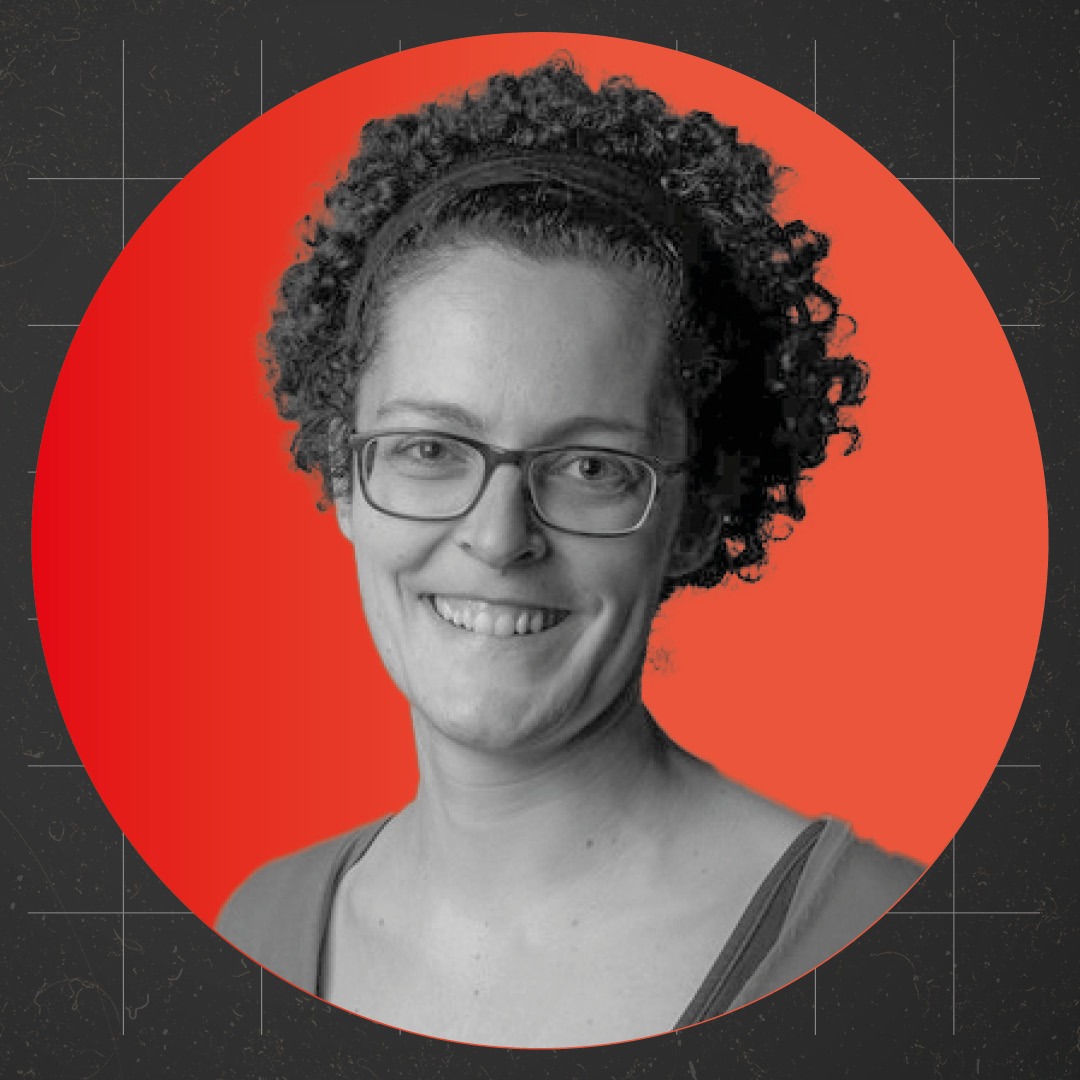Observers in superposition and the quantum measurement problem
The quantum measurement problem is one of the oldest conceptual problems of quantum theory and based on the fact that (standard) quantum theory comprises two different dynamics, namely the collapse of the wave function, which without any ontological commitment means the application of the state-update rule, and unitary evolution. Quantum theory, however, does not tell us when to use which dynamics, meaning that it does not specify what qualifies some interactions as measurements, but not others.
Wigner’s-friend experiments consider observations of observers in order to illustrate the measurement problem. They comprise observers — friends — who measure quantum systems, as well as so-called superobservers – Wigners– who perform joint measurements on the quantum systems, the friends and potentially other relevant degrees of freedom. The friends describe their interactions with the respective quantum systems as measurements and, therefore, apply the state-update rule, while the Wigners describe the same interactions unitarily.
In recent years new proposals involving Winger’s friend experiments have been used to devise arguments against the consistency of quantum theory and the existence of objective, observer-independent facts, which sparked renewed debate in the quantum-foundations community. We made a clear distinction between the formalism and the interpretations of quantum theory and showed that there are actually two inequivalent quantum formalisms. If different agents in a Wigner’s-friend experiment use different formal descriptions for a quantum measurement, they arrive at contradicting statements. This, however, becomes manifest only if there are classical records of these statements that can be compared at some point.
Registration link: https://forms.gle/1TqWNAEEpqopfqgw9









